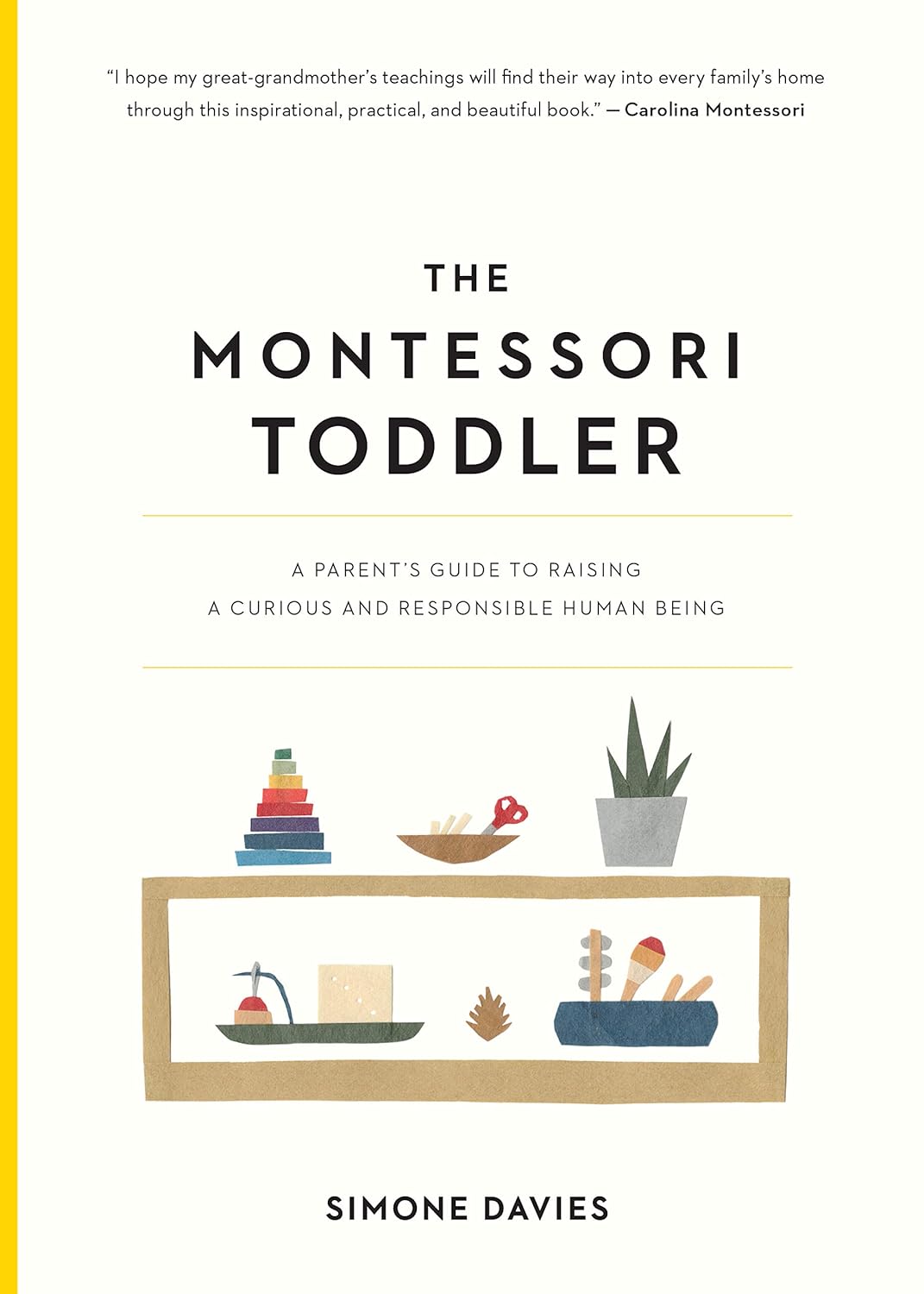About this deal
They ensure the learning environments are carefully prepared to support children’s spontaneous choice and personal interests and then observe and encourage the child to engage with the activities.
The first plane encompasses those aged 0-6 and is marked by significant development. A child in this stage of development is a sensorial explorer, navigating the concrete environment and refining the five senses. For the 5-year-olds, the researchers found significant group differences in academic and social skills, executive functioning, and theory of mind. For the 12-year-olds, there were significant group differences in measures of story writing and social skills.Self-correcting– a toddler should know how to play with the toy “correctly” without the intervention of an adult A perfect language development activity for toddlers is matching the pictures of the animals with realistic animal figures. It helps to practice the word recognition and visual discrimination of the most common domestic animals. Sometimes, the Montessori method is falsely accused of diminishing the importance of creativity, pretend play or open-ended play. The Montessori method of education strives to provide students with the support and materials they need to blossom. This approach places significant emphasis on independence and freedom of choice within the classroom, differentiating it from more traditional methods of teaching. In mixed-age classrooms, the younger children naturally learn from the older and teachers encourage children of all ages to work together. From birth to three years
Although your child will learn the language sooner or later, there are some things you can do to help your little one on this journey, such as: The idea is that this allows children to make their own choices, learn and develop at their own pace to build confidence, independence and self-esteem and to create a foundation for life-long learning.
Traditional parenting methods often confuse discipline with punishment. When using Montessori for toddlers, it is understood that discipline means “to teach”. Even in positive, gentle parenting environments, toddlers experience discipline on a daily basis. However, teaching does not coincide with the use of punishments such as time outs, behavior charts, taking away a favorite activity or toy, etc. Skills Learned by Montessori Toddlers
The book ends with advice surrounding working together with your extended family and caregivers of your toddler to embrace the philosophies and ideas outlined. These are quite simplistic and left me with quite a few questions. I’m sure Davies has more information and experience regarding these areas and maybe this needs a separate book! I’m going to show you how I set up our new Montessori toddler classroom where I run parent-child classes here in Amsterdam. A Montessori busy board provides a great opportunity to train dressing skills at varying difficulty levels. Its compact design combined with a high level of engagement makes it an ideal companion for traveling. For the youngest student, the first materials will tend to be those that provide real-world skills, such as using scissors and other utensils, washing dishes, gardening, and more. Contrary to the goal of most educational settings, which is to have its students reach maximum achievement in certain academic subjects, the Montessori method creates an environment that promotes a child’s optimal intellectual, physical, emotional, and social development to occur.This is an easy book to read with nice big type – great for tired parents! It is not a scientific review of the slow movement but a personal account from the author as he explores the art of slow with regard to children, food, sex etc. I really like his chapter on children and his conclusion. Very well balanced and a good reminder to us all to slow down and enjoy. Fine motor skills are improved through all the hand movements that strengthen small muscles, fingers and wrists. They are important for the development of practical life skills such as writing, dressing, or cleaning teeth. The Montessori philosophy differs from traditional parenting practices in many ways, and can be easily identified in most situations. Here are a few of the defining characteristics you’ll see in environments with Montessori toddlers. Prepared Environment
This phase is also distinguished by the initial construction of the adult self, and another key feature is valorization – the need for external recognition of work. In terms of the specific learning materials, the Montessori method relies on certain types of materials, and they differ depending on the student’s age. Another study compared scores on math, science, English, and social studies tests several years after children had left the Montessori classrooms, revealing that the Montessori students scored significantly higher on math and science exams but no higher on the English and social studies exams. Teachers then guide the child to these activities to spark the child’s interest and help them through the process. Montessori toys In the UK, children must start school once they reach the compulsory school age, which is on 31 December, 31 March or 31 August following their fifth birthday.Montessori observed that children are capable of focusing for extended periods of time if they are working on activities that capture their spontaneous interest (Montessori, 1986). Within the toddler programs, Montessori splits this age group into two smaller groups. A “nido” (Italian for nest) serves those who are under fourteen months, and a “Young Child Community” is for those who are roughly 1-3 years old (“North American Montessori Center,” n.d.). The Montessori method often highlights the importance of letting children participate in everyday household activities and creating an environment where they are able to do so according to their abilities. By identifying different stages of development, she was able to best determine what the optimal classroom environment should look like for different age groups. This book begins to give parents an insight into the world from their child’s point of view. It gives detailed advice to parents for babies from 0 to 3 years including setting up thehome environment, breastfeeding and weaning, and the role of the father.
 Great Deal
Great Deal 